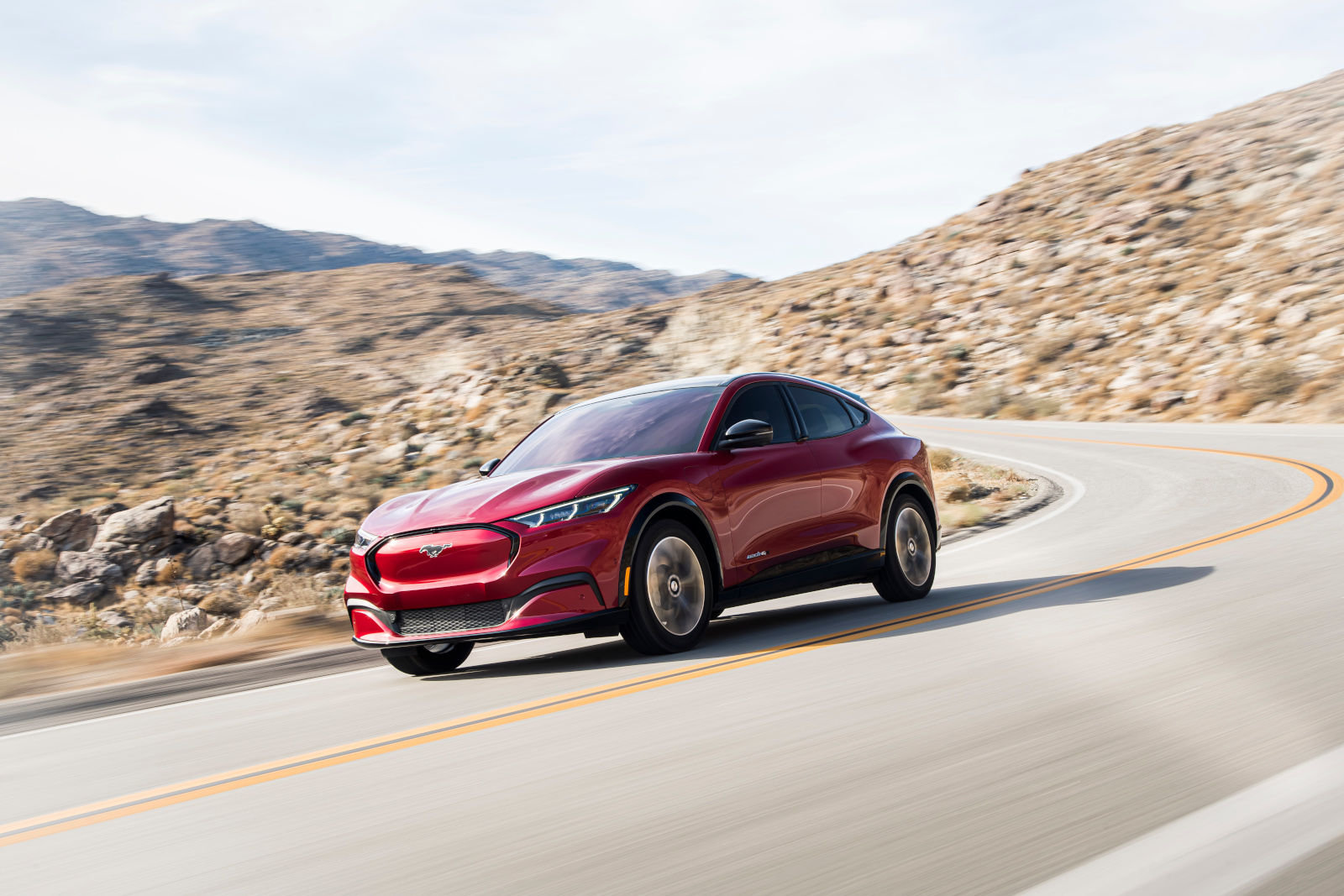Electric vehicles (EVs) are gaining momentum across Canada, with more drivers considering the switch to sustainable transportation. To support this transition, governments at various levels have introduced incentive programs designed to make EV ownership more accessible. However, 2025 has brought significant changes to these programs, particularly in Ontario. Understanding these updates is key for prospective EV buyers looking to make an informed decision.
Federal Incentive Changes Impact Ontario Buyers
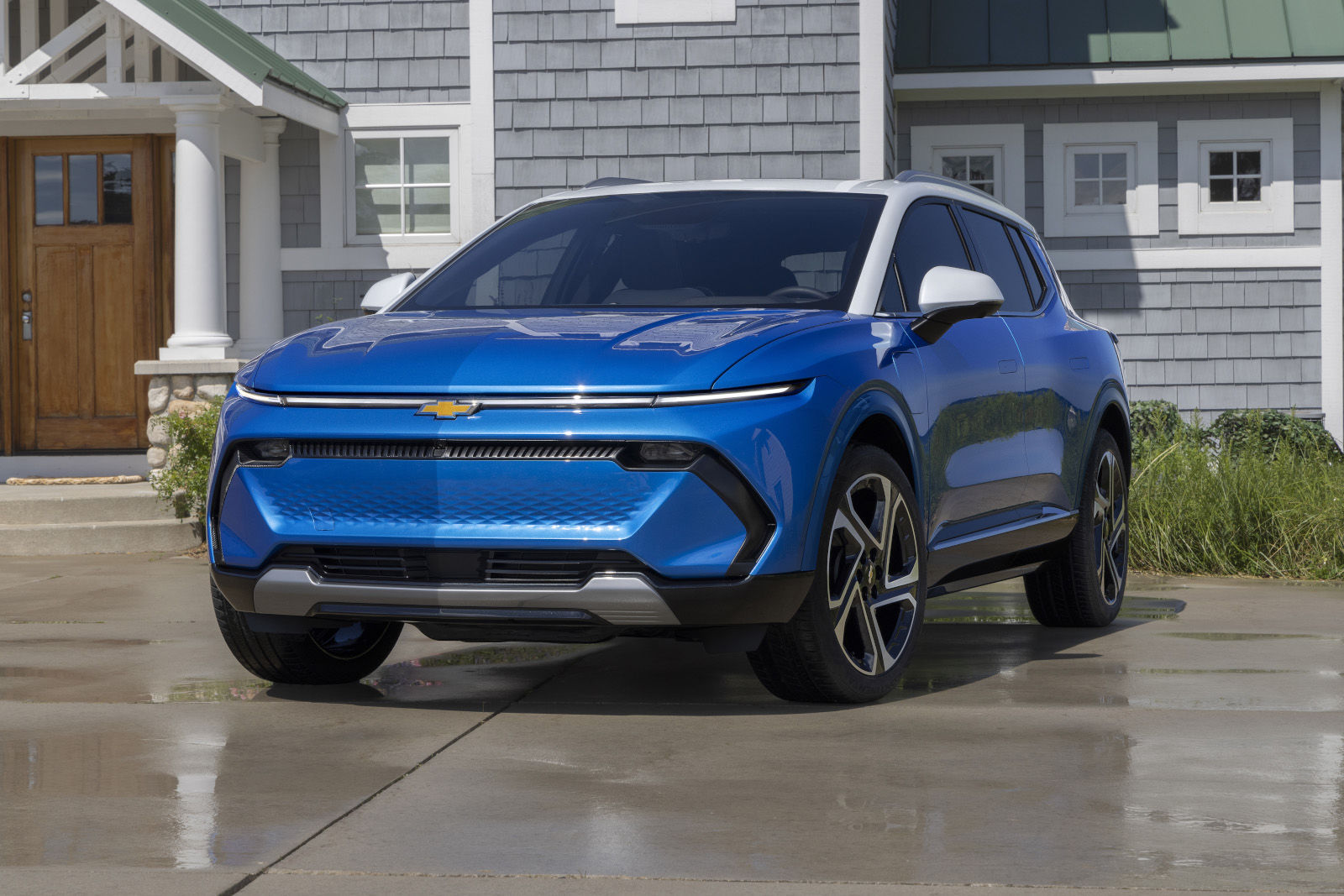
One of the most notable shifts this year is the pause on the Incentives for Zero-Emission Vehicles (iZEV) program. Initially slated to run until March 31, 2025, the program was put on hold earlier than expected in January after reaching its funding limit. As a result, the $5,000 federal rebate for electric vehicles is no longer available, and incentives for plug-in hybrid vehicles have also been suspended.
For Ontario buyers, this means that there are currently no government rebates available at either the federal or provincial level. However, this doesn’t change the fact that electric vehicles remain a cost-effective and forward-thinking choice for many drivers.
EV Ownership Still Delivers Significant Savings
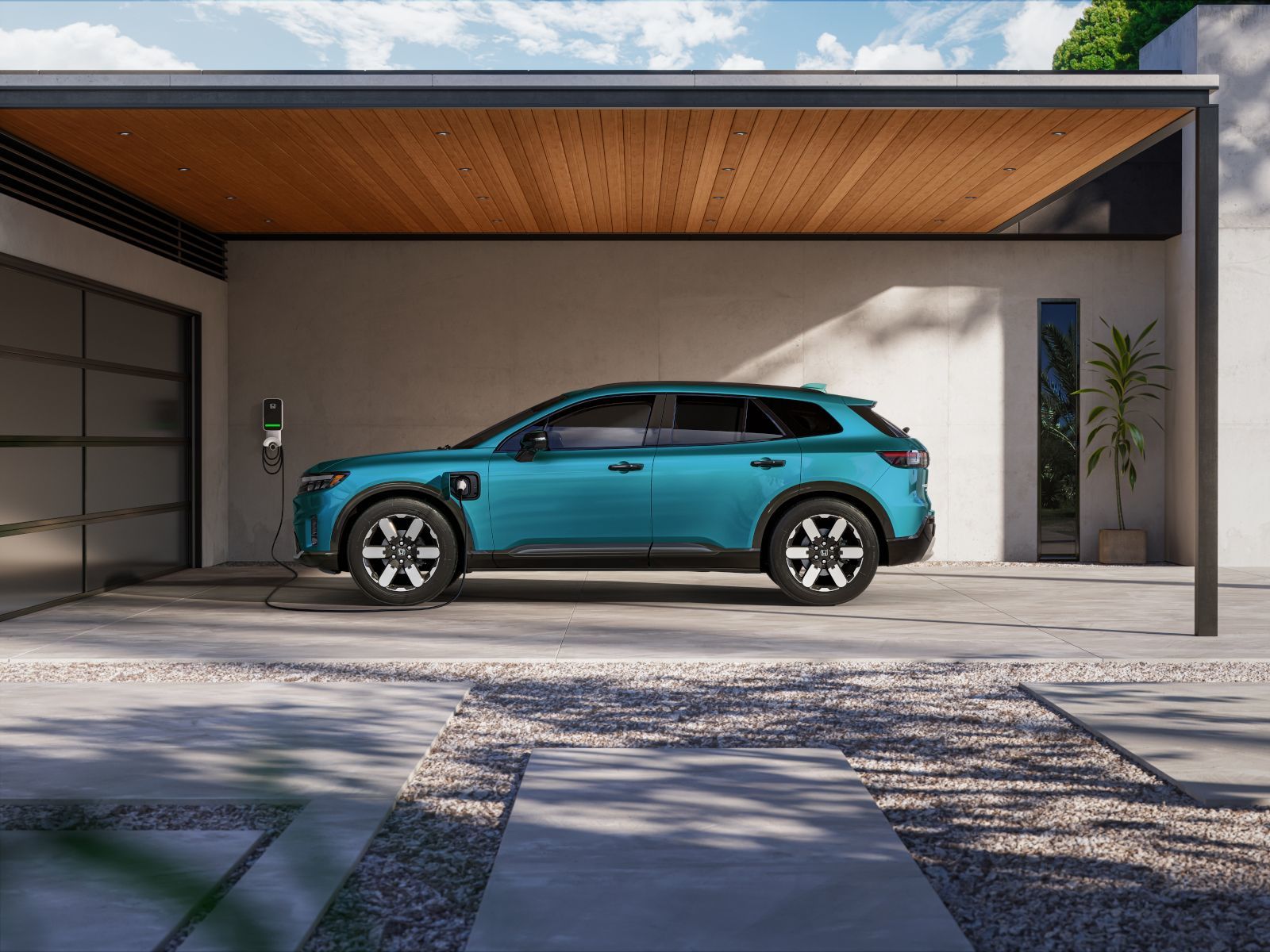
While direct rebates are no longer available, the financial benefits of EV ownership extend well beyond purchase incentives. One of the biggest advantages of switching to an EV is the elimination of fuel costs. With charging costs significantly lower than gasoline, drivers can save thousands per year, especially as fuel prices remain unpredictable.
Additionally, EVs come with substantially lower maintenance costs. Without a traditional internal combustion engine, there’s no need for oil changes, transmission repairs, or exhaust system maintenance. Regenerative braking also helps extend the life of brake components, leading to even greater long-term savings.
Charge at Home, Drive for Less
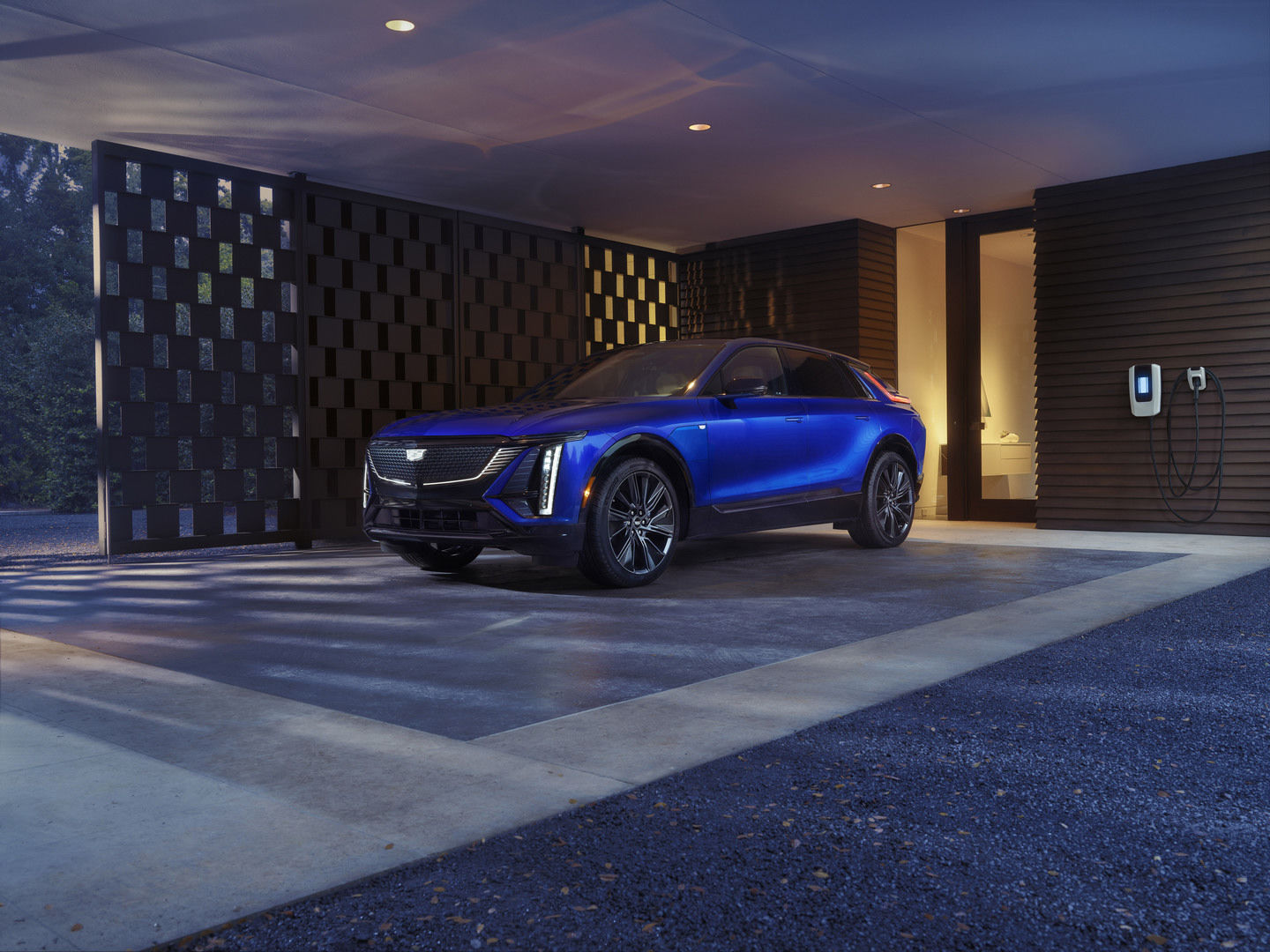
One of the most convenient aspects of EV ownership is home charging. Instead of relying on gas stations, EV owners can plug in overnight and start the day with a full battery. With Level 2 home chargers, most EVs can be fully charged in just a few hours, making daily charging seamless and hassle-free.
For those who rely on public charging, Ontario’s infrastructure continues to grow, with more fast-charging stations available along highways and in urban centers. Workplaces, shopping centers, and public parking lots are also expanding their EV charging options, ensuring that keeping an EV powered up is easier than ever.
Understanding the Cost Savings of EVs vs. Gasoline Vehicles
Switching to an electric vehicle (EV) brings a variety of financial benefits, and one of the most significant is the cost of operation. The table above provides a comparison of annual fuel costs between select gasoline-powered and electric vehicles, based on a fuel price of $1.50 per litre and an equivalent electricity cost for EVs.
|
Make & Model
|
Type
|
Consumption (L/100 km)
|
Consumption (Le/100 km)
|
Yearly Cost (10,000 km)
|
Yearly Cost (30,000 km)
|
|
Hyundai Tucson AWD
|
Gasoline
|
8.8
|
|
$ 1,320
|
$ 3,960
|
|
Hyundai IONIQ 5 Long Range AWD
|
Electric
|
|
2.3
|
$ 345
|
$ 1,035
|
|
Toyota RAV4 AWD
|
Gasoline
|
8.5
|
|
$ 1,275
|
$ 3,825
|
|
Toyota bZ4X AWD
|
Electric
|
|
2.3
|
$ 345
|
$ 1,035
|
|
Mercedes-Benz E 350 4MATIC Sedan
|
Gasoline
|
8.7
|
|
$ 1,305
|
$ 3,915
|
|
Mercedes-Benz EQE 350 4MATIC Sedan
|
Electric
|
|
2.7
|
$ 405
|
$ 1,215
|
What Does Le/100 km Mean?
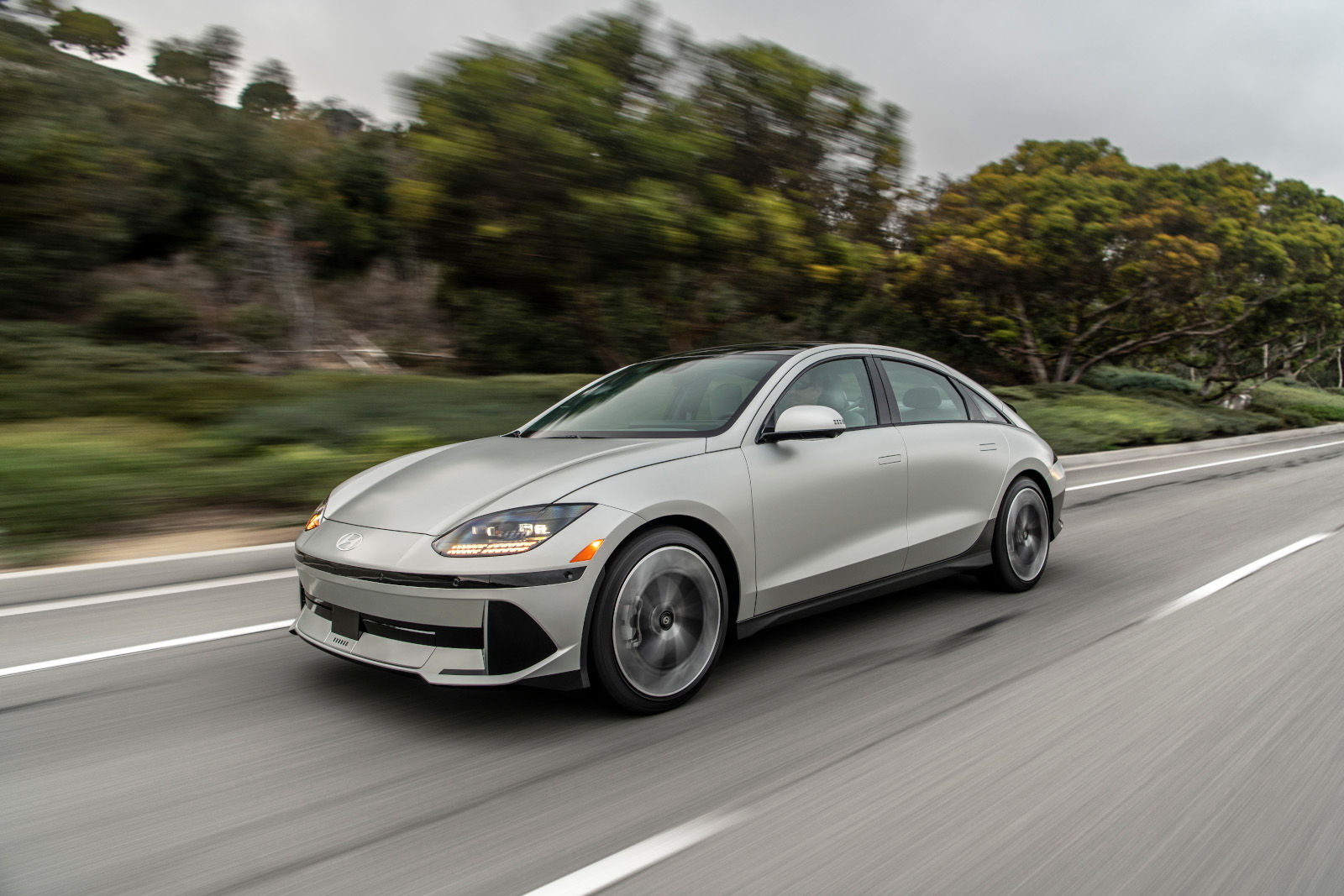
The term Le/100 km (litres equivalent per 100 km) is a way to compare the energy consumption of electric vehicles to that of traditional gasoline vehicles. Since EVs do not use fuel in litres, this measurement calculates the amount of energy an electric vehicle consumes in comparison to a gasoline-powered car. It allows consumers to understand efficiency in a familiar format and compare energy use directly.
Key Takeaways from the Cost Comparison
- EVs cost significantly less to "fuel" compared to gasoline vehicles.
- For 10,000 km per year, an EV owner spends between $345 to $405, while a gasoline vehicle costs over $1,275 to $1,320 in fuel.
- Over 30,000 km, EV savings are even more pronounced, reducing annual costs from $3,825+ (gas) to $1,035 or lower (electricity).
- Gasoline vehicles are more affected by fuel price fluctuations.
- Gas prices can vary significantly based on global markets, while electricity prices tend to remain more stable.
- Electric vehicles offer consistent long-term savings.
- Over five years, an EV could save an owner between $7,000 and $14,000 in fuel costs alone.
Choosing What Works Best for You
While gasoline-powered vehicles still offer familiarity and refueling convenience, EVs provide significant cost savings, lower environmental impact, and a modern driving experience. With Ontario’s growing charging infrastructure and lower operational costs, EVs remain a strong investment for those looking to reduce their long-term expenses.
The Future of EVs in Ontario
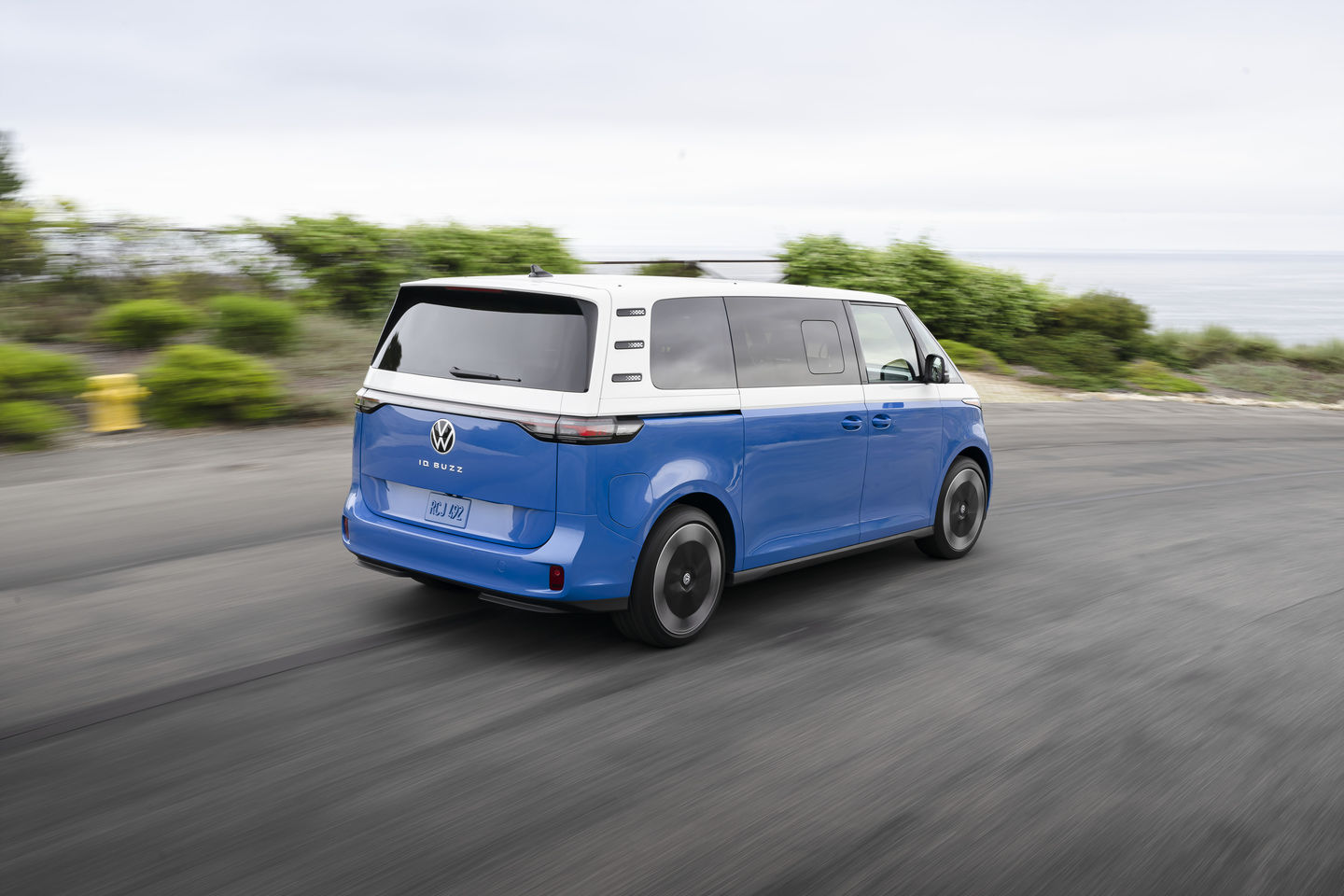
Although the landscape of EV rebates has changed, Ontario remains a strong market for electric vehicles. More automakers are investing in EV technology, offering models with longer ranges, faster charging, and advanced features that make them an appealing alternative to gas-powered vehicles.
Ontario drivers looking to make the switch still have plenty of reasons to do so. With lower fuel and maintenance costs, the convenience of home charging, and expanding public infrastructure, EVs remain a smart, practical, and future-proof investment.
While government rebates may not be available in 2025, the long-term benefits of EV ownership continue to make them an attractive choice for drivers who want to save money and drive into a more sustainable future.



